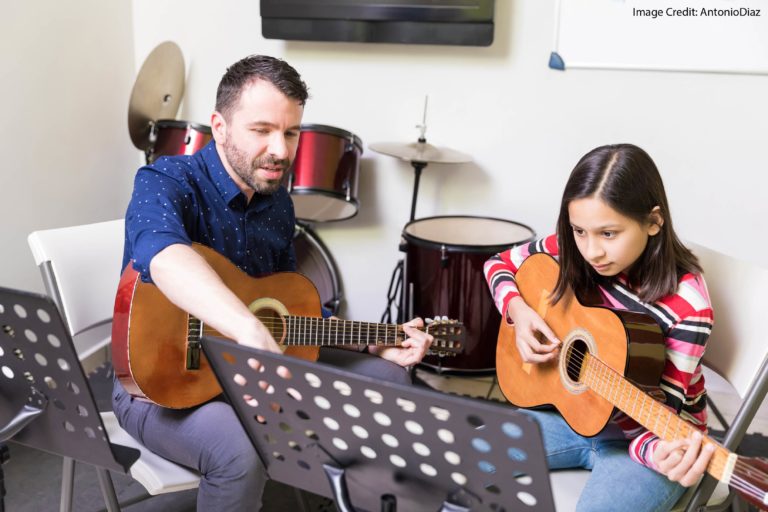Tags
ADHD adolescence attention autism book review boundary conditions classroom advice conference speakers constructivism/direct instruction creativity desirable difficulty development dual coding elementary school embodied cognition emotion evolution exercise experts and novices gender high school homework intelligence long-term memory math methodology middle school mind-wandering mindfulness Mindset motivation neuromyths neuroscience online learning parents psychology reading retrieval practice self-control skepticism sleep STEM stress technology working memoryRecent Comments
- "All People Learn the Same Way": Exploring a Debate |Education & Teacher Conferences on The Goldilocks Map by Andrew Watson
- URL on Difference Maker: Enacting Systems Theory in Biology Teaching, by Christian...
- URL on The Distracted Mind: Ancient Brains in a High-Tech World by...
- Celular na Escola: novas regras transformam o ambiente de ensino - O Mundo no Seu Bolso on Cell Phones in the Classroom: Expected (and Unexpected) Effects
- Is "Cell Phone Addiction" Really a Thing? |Education & Teacher Conferences on Laptop Notes or Handwritten Notes? Even the New York Times...
ABOUT THE BLOG

Category Archives: L&B Blog

A Hidden Strength of “Concreteness Fading”
Upbeat, perky brand names for teaching methods distract from sensible conversations about their real merits. Continue reading
Posted in L&B Blog
4 Comments

Concrete + Abstract = Math Learning
Should math instruction focus on concrete examples (frog puppets and oranges) or abstract representations (numbers and equations)? This research suggests: a careful balance of both. Continue reading
![AdobeStock_178196648 [Converted]_Credit](https://www.learningandthebrain.com/blog/wp-content/uploads/2019/12/AdobeStock_178196648-Converted_Credit-768x1080.jpg)
When Good Classroom Assignments Go Bad
Classroom assignments often sound like great ideas, until they crash into working memory limitations. Happily, we’ve got the strategies to solve this kind of problem. Continue reading

Can Multiple-Choice Tests Really Help Students?
Surprise: a well-designed multiple choice question might in fact help students. Why? Because it requires extra retrieval practice to sort out all the answers. Continue reading
More about Macbeth and Memory
Earlier this month, I wrote about the distinction between autobiographical memory and semantic memory. Both…

Does Music Training Help Us Pay Attention?
We can’t improve our students working memory. But, recent research from Chile suggests that music training might benefit one part of our attention system. Continue reading

Getting the Timing Right: Critical Thinking Online
Spacing practice out helps students learn all sorts of things. Can it help them learn to be critical thinkers online? Continue reading
Posted in L&B Blog
Tagged boundary conditions, classroom advice, critical thinking, long-term memory
Leave a comment

Can a Neuromyth Result in a Truce?
Tom Sherrington wants to call a truce between PBL advocates and those championing direct instruction. In a recent essay, he presents the terms of the cease fire. Continue reading

Welcome to Boston! (Almost)
I’m looking forward to putting names to faces at our Boston conference! Continue reading
Posted in L&B Blog
Leave a comment

Fostering Curiosity in the Classroom: “What Percentage of Animals are...
When we ask students to predict the answers to questions, we make them more curious about those answers. Continue reading
